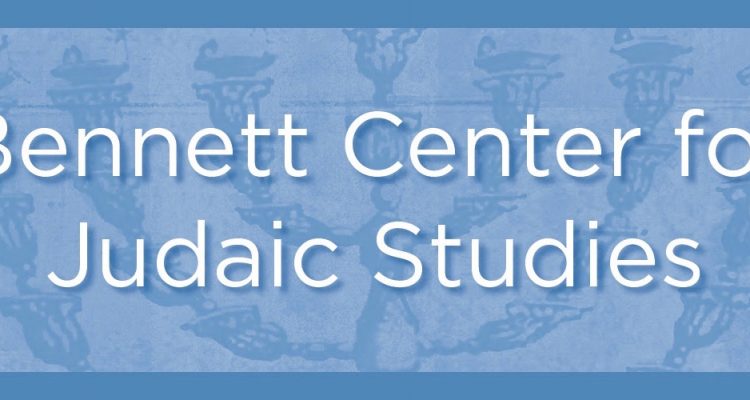Judith Rosenbaum, Ph.D., delivered a lecture on Wednesday, Oct. 14 titled, “Speaking in a Political Voice: Jews and the Fight for Women’s Suffrage.” Rosenbaum, who is the chief executive officer of the Jewish Women’s Archive, held the event in celebration of the 100th anniversary of the 19th Amendment being ratified. The event, hosted by Fairfield University’s Bennett Center for Judaic Studies, occurred over Zoom and featured a questions and answers session following the lecture presentation.
Rosenbaum placed emphasis on many Jewish women who contributed enormously to the suffrage movement. She highlighted the stories of upper-middle class figures, such as Ernestine Rose, the first known Jewish-American suffragist, Anita Politzer, a key figure in the National Women’s Party and Maud Nathan, a leading member of the National Consumers League.
The presentation also focused on working class Jewish suffragists. One such figure, Rose Schneiderman, popularized the phrase “Bread and Roses.” As Rosenbaum described it, this phrase advocated not just for the right to basic necessities, but also the things that make life worthwhile and beautiful.
This focus on labor rights extended to other causes, such as civil rights and peace protests, as well. Within the synagogue, women experienced an increase in representation thanks to the suffrage work of Jewish women.
The lecture addressed some of the arguments which prevented women’s suffrage. Many people believed political participation would erase the traditionally definitive attributes of womanhood at the time. Additionally, Rosenbaum noted how, within the Jewish community, organizations generally dismissed the suffrage movement because of the anti-semitism often associated with it.
The movement was not a cohesive, unified entity. On one hand, Jewish women and immigrants worked towards suffrage both to become involved in American society, and to reach the ideals that the society strives for. At the same time, Jewish women were one of the many groups who faced discrimnation within the movement.
Rosenbaum responded to a number of questions and comments from participants on the call. One attendee pointed out that many Jewish suffragists seemed to live well into old age. Rosenbaum acknowledged that their work involved significantly more logistical steps because of the lack of technology, so these extended lifespans are thus all the more impressive. She mentioned how their fight for suffrage could very well have provided them a reason to live.
Another attendee asked Rosenbaum what she imagines these suffragists would think of the world today. Rosenbaum reflected on how, in many ways, there would be a large notion of disappointment over the continued need to fight for voting rights, but she also mentioned how many of these women probably would have expected this lack of change in general politics.
By the end of the event, Rosenbaum had clearly emphasized a few key points. In the Jewish community, households and society at large, the movement’s emphasis on male engagement appeared as a recurring theme.
Women’s suffrage also existed as a necessary step towards the advancement of Jewish people and all minority groups. Jewish suffragists recognized an overall increase in social tolerance as a key to promote change for their community.
“The fight for voting rights is obviously not over yet,” said Rosenbaum, referencing the incompleteness of the centennial anniversary being celebrated. “The movement reminds us that to make social change, you have to pursue many different strategies and work within many coalitions of people.”
“Democracy is never a finished product,” she continued. “Suffrage is such an antiquated and archaic word, that it distances us from the larger issue of voting rights issues within modern politics.”
Rosenbaum finished the lecture by imploring the audience to continue the fight of these suffragists with this one final message: “Please vote.”


Leave a Reply